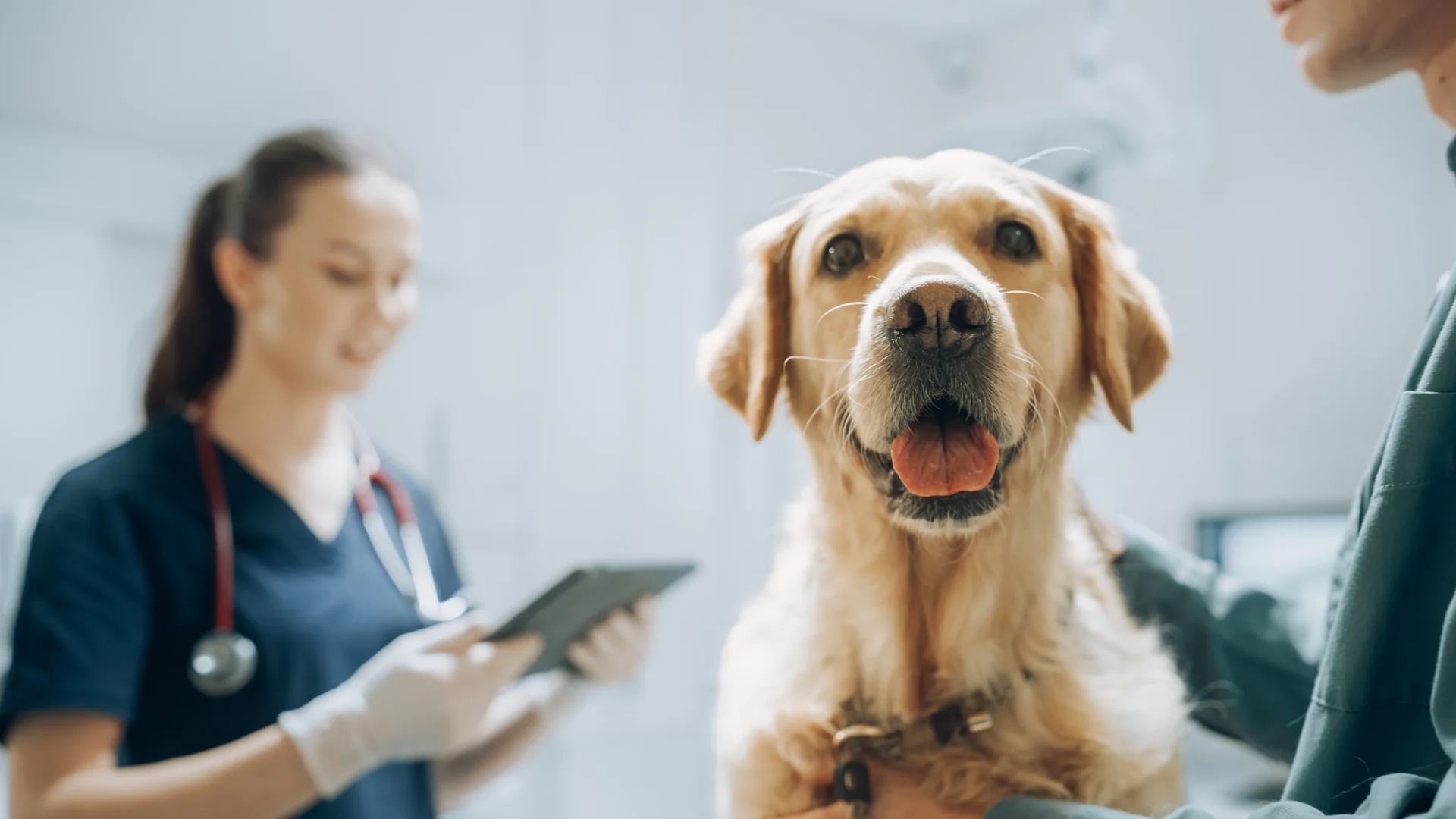Genetic Testing Before Dog Breeding – Technology, Costs, and Benefits
Responsible dog breeding plays a crucial role in improving the health and longevity of future generations. One of the most significant advancements in this field is genetic testing. By screening potential breeding dogs for genetic predispositions to diseases, breeders can make informed decisions, minimize the risk of passing on hereditary conditions, and ultimately contribute to healthier puppies.
Technology Behind Genetic Testing
Genetic testing for dogs involves analyzing a dog’s DNA to identify specific genes or mutations linked to inherited diseases or traits. The process typically involves:
- Sample Collection:
A simple, non-invasive cheek swab is usually all that’s needed to collect a DNA sample from the dog. In some cases, blood samples may be used.
- Laboratory Analysis:
The collected DNA sample is sent to a specialized laboratory. Here, advanced molecular biology techniques are employed:
-
- PCR (Polymerase Chain Reaction):
This technique amplifies specific DNA segments, making it easier to analyze small samples.
-
- DNA Sequencing:
This determines the exact order of nucleotides in a DNA segment, allowing for the identification of specific mutations.
-
- Genotyping Arrays:
These are chips that can simultaneously test for thousands of genetic markers, providing comprehensive health and trait information.
- Data Interpretation:
The raw genetic data is then interpreted by geneticists and veterinarians to generate a comprehensive report. This report typically indicates whether a dog is:
-
- Clear:
The dog does not carry the gene mutation for a particular disease.
-
- Carrier:
The dog carries one copy of the gene mutation but does not typically show symptoms. If bred with another carrier, offspring may be affected.
-
- Affected/At-Risk:
The dog has two copies of the gene mutation and is likely to develop or already has the disease.
Leading international genetic testing companies like Embark Veterinary, Orivet, and Wisdom Panel utilize these technologies to offer a wide range of tests for various breeds and conditions. Some local veterinary clinics in Ho Chi Minh City may partner with these international labs or offer their own basic screening services.

Costs of Genetic Testing in Ho Chi Minh City
The cost of genetic testing for dogs in Ho Chi Minh City can vary depending on the scope of the tests and the provider. Generally, you can expect:
- Basic Breed Identification & Trait Tests: These tests might be less expensive, focusing on breed composition, coat colors, and basic physical traits. Prices could range from VND 2,000,000 to VND 4,000,000 (approximately $80 – $160 USD).
- Comprehensive Health Panels:
These are more expensive as they screen for a larger number of genetic diseases relevant to specific breeds. These panels often include tests for conditions like:
-
- Degenerative Myelopathy (DM)
- Progressive Retinal Atrophy (PRA)
- Von Willebrand Disease (vWD)
- Cystinuria
- Multi-Drug Resistance 1 (MDR1)
- Dilated Cardiomyopathy (DCM) Prices for comprehensive panels can range from VND 4,000,000 to VND 8,000,000 or more (approximately $160 – $320+ USD), especially if using international lab services.
- Individual Disease Tests:
If you only need to test for one or two specific diseases, the cost per test might be lower, but a full panel often offers better value for breeders.
Where to find services in Ho Chi Minh City:
While direct walk-in genetic testing labs specifically for dogs might not be as prevalent as in some Western countries, many reputable veterinary clinics in Ho Chi Minh City can facilitate these tests. They often act as intermediaries, collecting samples and sending them to international or specialized labs.
- Westway Animal Clinic and CarePlus Clinic Vietnam are examples of clinics that mention genetic health screening services, likely through partnerships with larger labs.
- You may also find services through larger diagnostic laboratories or veterinary hospitals in HCMC. It’s always best to contact them directly for current pricing and available tests.

Benefits of Genetic Testing for Dog Breeding
The benefits of genetic testing for dog breeding are immense and far-reaching:
- Preventing Hereditary Diseases:
This is the primary and most crucial benefit. By identifying carriers or affected dogs, breeders can avoid pairings that would produce puppies suffering from painful and debilitating genetic conditions. This reduces heartache for owners and improves the overall health of the breed.
- Informed Breeding Decisions:
Genetic test results empower breeders to make responsible and ethical decisions. They can select breeding pairs that complement each other genetically, minimizing the risk of passing on detrimental genes while maintaining genetic diversity.
- Improving Breed Health:
Over generations, consistent genetic screening helps to eliminate undesirable genes from the breed’s gene pool, leading to a healthier, more robust population.
- Assurance for Puppy Buyers:
Responsible breeders who conduct genetic testing can provide documentation to potential puppy buyers, offering peace of mind that their new family member has a lower risk of developing certain genetic diseases. This builds trust and enhances the breeder’s reputation.
- Understanding Carrier Status:
Knowing a dog is a carrier allows breeders to still utilize valuable genetic lines, provided they are carefully paired with “clear” dogs to avoid producing affected offspring.
- Confirmation of Parentage:
Some genetic tests can also confirm parentage, ensuring the accuracy of pedigrees.
- Tailored Care:
For individual dogs, genetic insights can help veterinarians provide more personalized preventive care and treatment plans if a predisposition to a certain condition is identified.
In summary, while there is a cost associated with genetic testing, the long-term benefits in terms of healthier dogs, reduced veterinary expenses for owners, and improved breed integrity make it an invaluable investment for any responsible dog breeder in Ho Chi Minh City and beyond. Always consult with a qualified veterinarian or a genetic counseling service specializing in canines to determine the most appropriate tests for your specific breed and breeding program.
Read more:
- Conseils essentiels pour camper avec son animal de compagnie en été
- Service rapide et fiable de transport d’animaux de compagnie de Hanoï vers la France














